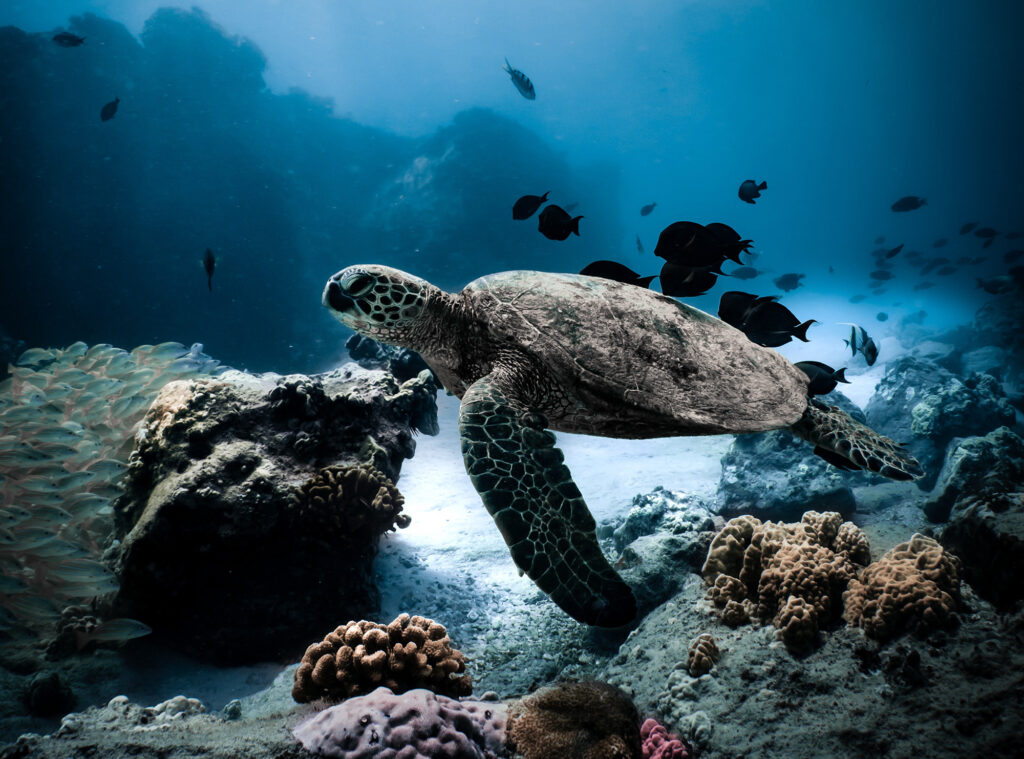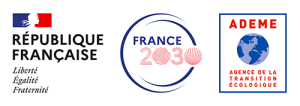Today’s fisheries resources are under threat from the use of unsustainable fishing gear, leading to overfishing and illegal fishing. Over 800 million people worldwide depend on fishing for their livelihood. Illegal fishing, also known as unreported and unregulated fishing, accounts for around 28% of global catches. It involves the overexploitation of oceans and the destruction of ecosystems. It also threatens food security and the economic equilibrium of the seafood market.

Unfair competition from pirate fishing
Mainly practiced on the high seas and in coastal areas of countries where regulations and controls are weaker, illegal fishing is a scourge. Unregulated fishing gear considerably damages marine ecosystems by overexploiting resources. It is not uncommon to see prohibited techniques being used (fishing with explosives, poison, etc.). This also contributes to an imbalance with fishermen who carry out their activities in compliance with regulations. The latter have more expenses and higher operating costs. This state of affairs results in a loss of jobs, financial resources and food for fishermen who comply with legislation, particularly those from developing countries. What’s more, working conditions for fishermen on illegal vessels are proving difficult, in some cases verging on modern-day slavery in response to excessive yields.
Which solutions?
To combat illegal fishing, a number of avenues have been proposed, including the strengthening of fisheries management and control measures at national and Regional Fisheries Management Organization (RFMO) level. These bodies bring together fishermen, governments, scientists and NGOs, and contribute to the proper management of stocks. It also means respecting the implementation of international agreements to combat IUU fishing. It is also important to improve the traceability of supply systems for companies and governments. The aim? To limit the risk of importing products from illegal fishing. Finally, raising awareness among professionals and consumers of the need to make responsible seafood choices is a priority. In France, 70% of seafood is imported, mainly from developing countries where the risk of illegal fishing is greater.
